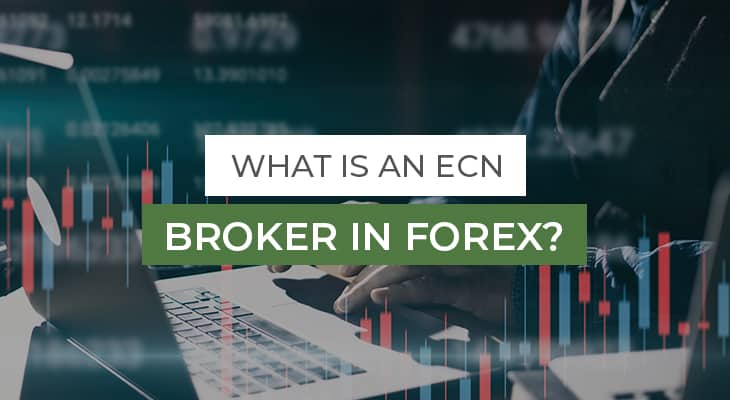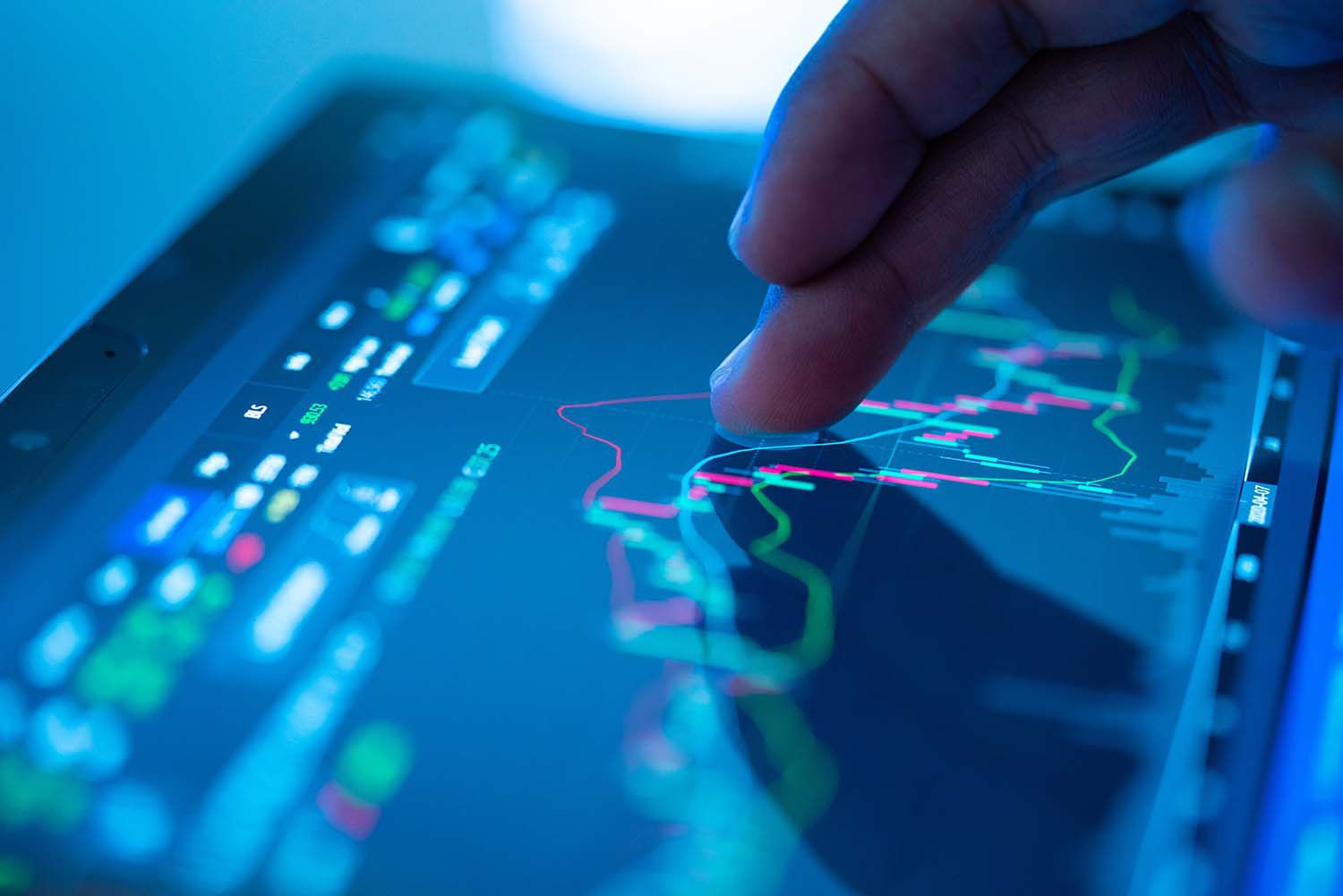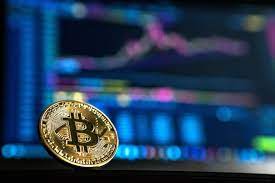Content
You can also hire a hitman, get a fake ID made, or have an illegal bug delivered to your door. It seems that the sheer success of Bitcoin which has seen it leap from being a shadowy entity to an all-star affair overnight has also hurt its long-term viability. It remains to be seen if Bitcoin can move beyond its niche to gain wider acceptance, and for the time being the cryptocurrency remains quite volatile, and a gamble to investors that has been likened to the tech bubble of the 1990s. All these factors are significant barriers which are diminishing Bitcoin’s chances of becoming a more widespread and popular currency. Major economies such as India are even mulling banning cryptocurrencies altogether, which will further have a negative impact on the virtual currency that is largely driven by sentiment.
It might also be a smart idea to research the regulations of the countries and overall sentiment towards digital currency before investing in mining tools. Just looking at cryptocurrencies for regulatory purposes may frustrate the underlying technology and its innovative character. The real value in cryptocurrencies is not the currency itself but the potentially disruptive technology that makes them possible, which has the potential to drive innovations. Next to that, because with cryptocurrencies, the technology behind it may develop at a space that is much faster than regulations develop, any regulation would need to be capable of continuous development. The UK Treasury has launched a consultation paper that details a series of proposals addressing the crypto community. With the consultation, the Treasury is initiating a “regulatory approach to cryptoassets and stablecoins” for 2021.
Anyone can mine for most cryptocurrencies, but it is a difficult and time-consuming process. Cryptocurrencies are only a digital representation of value which isn’t issued or guaranteed by a central bank or public authority.
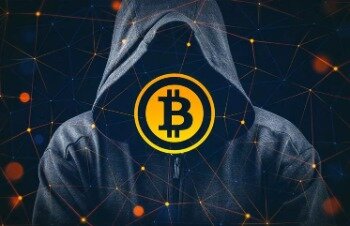
The ban includes products on cryptocurrencies such as Bitcoin, Ethereum and XRP. The best way to find out if a product has any trading restrictions is via the special info area on the deal ticket. And because we don’t know when we’ll be off of our limits, it’s not possible for us to estimate when the market may become available to trade again. Between 10pm and midnight on 5 January 2021 we will be cancelling any working orders to open for IG UK retail clients. From 6 of January 2021, IG UK retail clients won’t be able to place new working orders to open. You can continue to edit positions (adding or removing stops & limits) as long as the edit does not result in an increase in your overall crypto exposure. So the ban also affects clients who don’t live in the UK, but are contracted to our UK office and therefore regulated by the FCA.
What Exactly Is The Legality Of Bitcoin Around The World?
Past performance of an eToro Community Member is not a reliable indicator of his future performance. Content on eToro’s social trading platform is generated by members of its community and does not contain advice or recommendations by or on behalf of eToro – Your Social Investment Network. You should seek advice from an independent and suitably licensed financial advisor and ensure that you have the risk appetite, relevant experience and knowledge before you decide to trade.
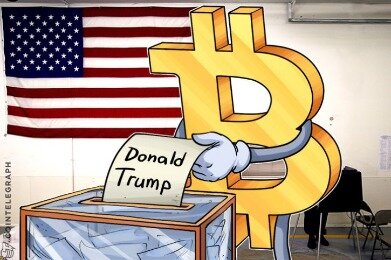
This was because Chinese regulators were concerned with the amount of investment the volatile and unregulated currency was drawing. Unregulated transferable cryptoassets are tokens that are not ‘specified investments’ or e-money, and can be traded, which includes well-known tokens such as Bitcoin, Ether or Ripple. Specified investments are types of investment which are specified in legislation. Firms that carry out particular types of regulated activity in relation to those investments must be authorised by the FCA.
Bitcoin Brings The World Together
The first exploits the trade networks of users to identify two distinct ‘communities’ in the data-the legal and illegal communities. But China represents one of the largest economies in the world in which Bitcoin is heavily restricted. In 2019, China’s banking regulatory authority, the People’s Bank of China, said that it was blocking access to crypto exchanges. While this did not necessarily make trading Bitcoin illegal, it greatly decreased the ability of Chinese citizens to partake in the crypto market. There is little doubt that by providing a digital and anonymous payment mechanism, cryptocurrencies such as bitcoin have facilitated the growth of ‘darknet’ online marketplaces in which illegal goods and services are traded. The recent FBI seizure of over $4 million of bitcoin from one such marketplace, the ‘Silk Road’, provides some idea of the scale of the problem faced by regulators.
- As a starting point, we exploit several recent seizures of bitcoin by law enforcement agencies (including the US FBI’s seizure of the Silk Road marketplace) to construct a sample of known illegal activity.
- Also, many exchanges have been subject to cyberattacks during which people who have left their holdings on these exchanges have lost them.
- Bitcoins and cryptocurrencies are created through a process called mining.
- People can still continue to buy cryptocurrencies directly and invest them or use them as currency.
- Bitcoin is quickly closing in on all-time high, with the price of the cryptocurrency surging since September and now at more than $18,500 a coin.
- Instead, Bitcoin is ‘mined’ by the same people who safeguard and maintain the network, and the total supply of it can never be increased.
However, with the higher value of cryptocurrency – in particular Ethereum – and recent advances in GPU processing power, miners have once again been turning to graphics cards for mining. Since Bitcoin is not a physical currency, but a virtual one, it also needs to be held in a digital wallet, which can be be a hot wallet or a cold wallet. Their success depends on how much ‘cash’ they have sloshing about the peer-to-peer network (i.e. the virtual economy).
Other establishments have since followed suit but the threat of Government regulation could put an end to this. Kolonial, a restaurant in the Worli area of Mumbai, was the first ever business in India to accept bitcoin payments for its services in 2013. Proprietor Tarun Thadani was hopeful at the time that bitcoin was going to be the next big thing. India’s crypto community is also hellbent on keeping the movement alive, in an attempt to put India on the map of leading fintech nations. Crypto usage in India is quite small compared to the rest of the world, but the community is growing according to exchange Zebpay, which revealed in May last year that more than 2,500 users were joining each day. The Indian Government faced mounting pressure in 2017 after the Indian Supreme Court called for the digital token to be regulated. “A tussle between our payment service partner and their bank has caused an indefinite delay in the settlement of a large portion of deposits to Koinex in the past two weeks.
Most Read Money
Most did so through exchanges not based in the UK, with the five most popular exchanges among consumers – Coinbase, Binance, Kraken, Bittrex and Bitfinex – all based overseas. A time of market stress could lead to people being locked in and unable to trade. The price can move by 20 per cent in one day and you could easily lose half of your cash in a far quicker time that investing in the stock market. This time around, it is easier to buy bitcoin, although there are a number of hoops and challenges to get through first. When the price boomed in late 2017, the number of established exchanges were few and far between, meaning those buying it faced a Wild West of providers if they wanted to buy in. Analysts say that the banned products provide many benefits to investors from diversification to strong potential for long-term growth. Yesterday JP Morgan said it could quadruple from here, saying it is in competition with gold as a store of value, a serious nudge from the world’s biggest bank.

Money can be uploaded via bank transfer, with a minimum deposit of $500, or using PayPal or a debit card, with a minimum deposit of $200. , one of a new breed of commission-free dealing platforms aimed largely at younger investors. We have broken down the details when it comes to the UK’s five most popular exchanges in the above tables, all of which come with websites and mobile apps and offer two-factor authentication to enable users to better secure their accounts. And Hong Kong-based Bitfinex charges the same fee, although the account is aimed at higher rollers with investors having to deposit £10,000 at a time and incurring a deposit fee of 0.1 per cent, with a $60 minimum.
It has no physical assets to give it value and, unlike a regular currency, it is not regulated by a central bank. UK consumers should continue to be alert for crypto-derivative investment scams. As the sale of derivatives and ETNs that reference certain types of cryptoassets to retail consumers is now banned, any firm offering these services to retail consumers is likely to be a scam. The FCA has published final rules banning the sale of derivatives and exchange traded notes that reference certain types of cryptoassets to retail consumers.
It has soared this year to more than $40,000 – roughly £29,000 – per digital coin, although remains highly volatile. Bitcoin payment processors, such as CoinsPaid offer a way of getting around this problem, as they convert the transaction to hard currency almost instantaneously. Many companies want regulation to provide them with some security and protect them from potential big losses on the cryptocurrency. Many other cryptocurrencies have just died because of lack of interest, and the simple fact that no one used them. Non-Bitcoin cryptocurrencies are collectively known as altcoins and they are more or less based on the same idea of a decentralized digital medium for exchange.
The Biden Administration is expected to bring a renewed focus on regulation and enforcement of the crypto market. The new US Treasury Secretary Janet Yellen – former Federal Reserve Chair – described Bitcoin as a ‘highly speculative’ and not a stable store of value’ when still at the Fed in 2017.
A lawyer working with a handful of Indian crypto exchanges told Quartz that informal pressure from RBI was influencing other banks to crackdown on bitcoin. You may see the investment opportunities of Bitcoin and other cryptocurrencies being marketed on social media and via email – these will send you to fake exchanges which can often disappear overnight. The mathematical problems that are being solved are connected to the blockchain, the record of every single token in a cryptocurrency.
In general, BTC utilization and mining are legal in various parts of the globe. Miners get Bitcoin as a gift for completing blocks of confirmed transactions that are added to the blockchain. Bitcoin is not illegal in the vast majority of the world, although a handful of countries have banned it. Increasingly, countries are regulating the exchange of Bitcoin, to ensure ordinary people can enjoy its benefits without risk. Here’s everything you need to know about the digital currency and how it works. Every Bitcoin transaction is logged on a public ledger for the world to see.
Almost half of all bitcoin transactions are associated with illegal activity, a new study has concluded. “I can only give you this clue that we are not closing our minds, we are looking at ways in which experiments can happen in the digital world and cryptocurrency. There will be a very calibrated position taken,” she told CNBC-TV18 News. India’s finance minister Nirmala Sitharaman has tried to soothe the nerves of investors in cryptocurrencies.
“Instead, the government needs to weigh in on a self-regulatory code of ethics for intermediaries like the exchanges through with such currencies are bought and sold by Indian investors. This will help bring in transparency between buyers and sellers and also allow the government to keep oversight and check against any violation of existing laws of the land,” the IAMAI spokesperson told The Independent.
How many bitcoin millionaires are there?
There are now as many as 100,000 people who have $1 million or more stashed in bitcoin, according to the cryptocurrency data-tracking firm bitinfocharts. That’s up from just 25,000 bitcoin millionaires three months ago.
Instead of competing in terms of who can provide the most attractive regulatory regime for the crypto industry, as we have seen in the past, more global regulatory cooperation and coordination and multilateral action is urgently needed. As cryptocurrencies move further into the mainstream, Lagarde therefore called for regulations of Bitcoin and other currencies to be agreed “at a global level”, potentially at the G7 or G20 groups of rich countries. MiCA wants to create the same safe framework as the one we already know from classic financial services. This is mirrored in many of the principles that MiCA imposes on issuers and service providers of crypto assets, such as the prohibition of insider trading and market manipulation. At that same G7 meeting Christine Lagarde, president of the ECB, warned investors about the risk of these cryptocurrencies such as Bitcoin. According to her there is urgent need to implement legislation relative to cryptocurrencies.
Like any currency, there are legal risks and regulations surrounding Bitcoin that you should be aware of. For instance, it’s important to be aware that Bitcoin’s laws differ depending on which country you reside in. Hence an experienced Bitcoin lawyer will be able to offer accurate legal advice on the matter.



